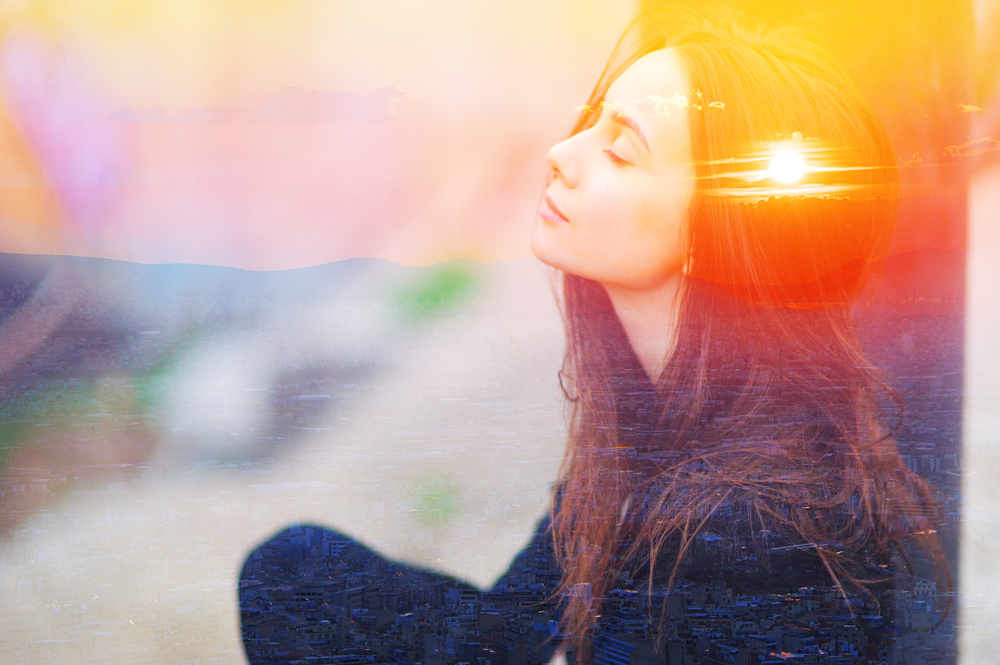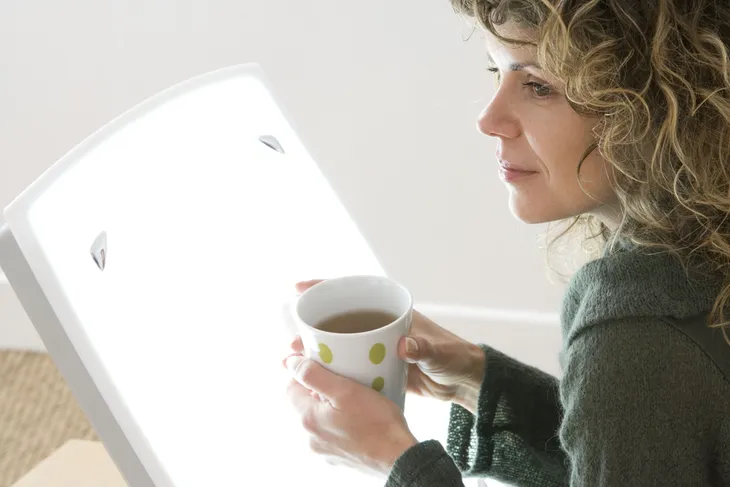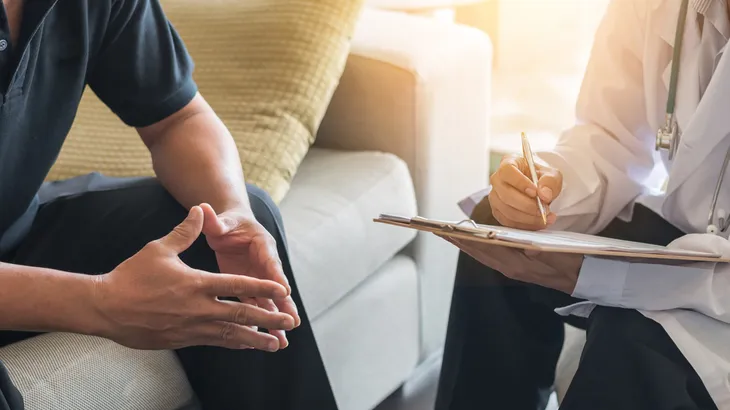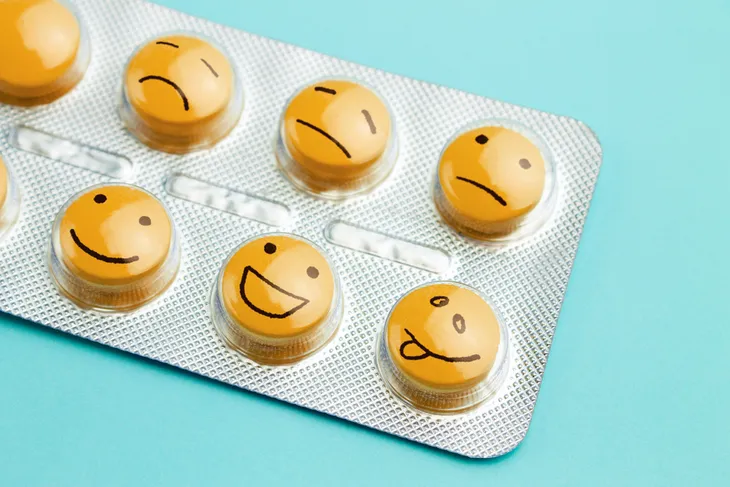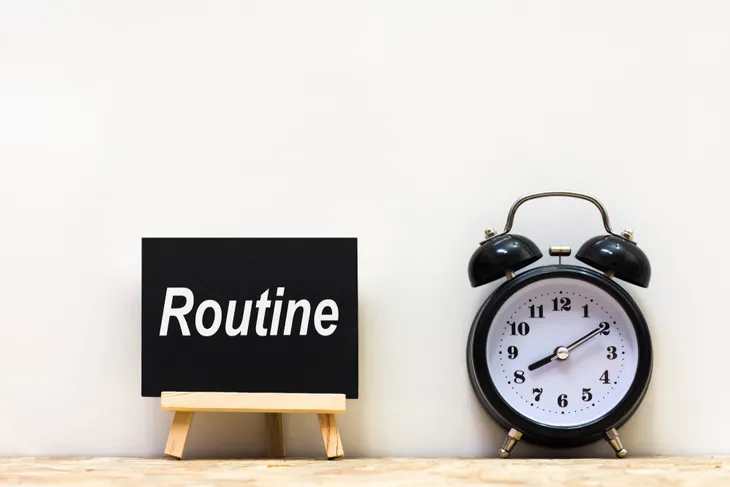Seasonal depression, which is often referred to as Seasonal Affective Disorder (or SAD), affects millions of Americans each year. The condition is triggered by the changing of the seasons – particularly the shift from summer and fall to winter.
Seasonal depression can have a huge impact on the lives of those affected by it. The good news is that there are many ways to prevent and treat the matter, from changing one’s diet to using special devices designed to replicate warmer and brighter conditions…
Light Box
Lack of sunshine is one major cause of seasonal depression. Without access to sunshine (and a steady supply of vitamin D), our bodies fail to produce the hormones that make us feel good. During winter, we often go to work in the dark and leave in the dark, making it hard to get any sun.
A light box may represent a solution. These devices—also known as light therapy boxes—mimic sunshine, effectively tricking our brains into thinking we’re sitting on a beach in the warm summer sun. Those with SAD are encouraged to use such devices for about half an hour each day.
Dawn Simulators
There’s nothing fun or uplifting about waking up to an irritating alarm clock buzzer. But there is a better way to get up in the morning: a dawn simulator. Essentially, this alarm clock brings us out of sleep by mimicking natural morning sunlight.
There are a number of different dawn simulators available, but the very best models use full-spectrum light to get closest to actual sunlight. In any case, it’s a whole lot less annoying than an alarm clock buzzer.
Talk Therapy
Seasonal Affective Disorder is, in essence, a form of depression, which means talking to a professional psychiatrist or psychologist can be an effective treatment. It’s key that a SAD diagnosis comes from a professional and that, once the diagnosis is made, the patient seeks regular therapy to treat the condition.
Talk therapy is useful in helping the patient be less pessimistic and can help them avoid focusing on nagging problems and negative thoughts. It gives patients an important outlet and, for people who live or work alone, can provide an opportunity to discuss their issues with others.
Antidepressants
Light therapy and talking to a social worker, psychiatrist, or psychologist can greatly help in the treatment of Seasonal Affective Disorder. In most cases these are the first steps in treating SAD.
But should these fail, many doctors prescribe antidepressants to treat SAD. These medications can range in their dosage and impact, so it’s important to talk to your doctor and pharmacist before taking such drugs. Antidepressants come with side effects that should be discussed with your doctor.
Exercise
Seasonal depression is often the result of not getting enough sunshine and vitamin D. That’s why it’s important that people affected by SAD get outside at every opportunity. If you work during the day, take half an hour to go for a run or walk on your lunch hour. And don’t waste weekends by staying inside: take the extra time to spend out of doors.
Of course, even indoor exercise can help in the prevention and treatment of seasonal depression. That’s because exercise can offset the weight gain sometimes associated with SAD and can release hormones that make us feel better.
Keep a Schedule
Seasonal depression is often intensified by changing schedules and lack of sleep. To ensure you get a full night’s sleep, try to be consistent with your schedule. Or in other words, get up and go to bed at roughly the same time every day and night.
It’s also important to eat at regular intervals. Not eating on a regular schedule can encourage binge eating and weight gain, which will only make seasonal depression more difficult to deal with.
Take a Sunny Vacation
During the winter, we often get up and go to work in the dark and then leave work in the dark. This can make it feel as though we’re living in some dark, distant land and limits our exposure to the sun.
That’s why it’s crucial that we follow the sun. Take a vacation to a warm destination, where you can escape the overcast skies and frigid cold. Travel can provide you with the break that’s crucial to keeping your spirits up and helping you get through the long winter.
